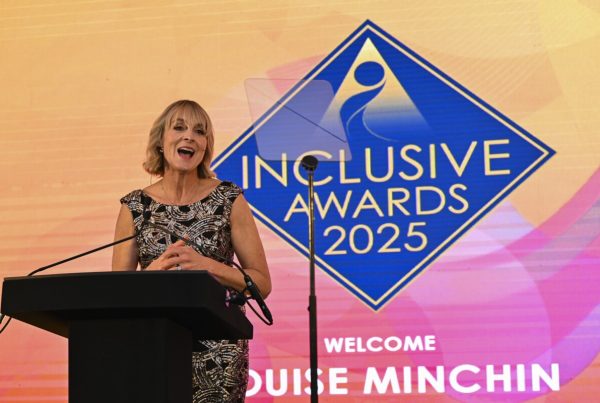Manchester, England – Numerous allegations of inappropriate and intimidating behaviour by celebrity chef Gino D’Acampo have come to light in an ITV News investigation. Dozens of people came forward to share their experiences working with the chef, described variously as “unacceptable,” “distressing” and “horrendous”, over a period spanning more than 12 years.
The investigation also uncovered evidence showing at least one production company was aware of multiple concerns raised by members of their crew about D’Acampo but continued to work with him on further TV programmes.
These are the latest in a long line of high-profile scandals, following similar allegations against Gregg Wallace, Mohammad Al Fayed, Phillip Schofield and Russell Brand, spanning a significant time period. With suggestions that production companies and management were aware of the behaviours, raising the question of what employers should be doing when allegations of sexual harassment are made.
Kate Palmer, Employment Services Director at Peninsula, says “Employees should expect to be able to come to work and not face harassment. Harassment of any kind is a form of discrimination that is unlawful, but sexual harassment is especially concerning.
“It’s important that businesses take steps to prevent sexual harassment in the workplace and have procedures in place to deal appropriately with concerns – whoever they are made against.
“Not just because it’s the right thing to do, but because employers can be held vicariously liable for the acts of their employees if a tribunal claim is brought.
“It’s important for employers to reflect on what they already do and consider if more needs to be done. Do not assume that sexual harassment is not a problem in your workplace just because you haven’t received a complaint. This is especially important in light of the legislative changes that came into effect in October last year. The new duty is a proactive one; employers need to assess their risks and take action before allegations are made.
“Preventing sexual harassment is not just about having signs in the workplace stating that sexual harassment is not tolerated. Instead, employers need to make sure that a culture of respect and professionalism is communicated from the outset in every workplace and followed at organisational level from the top-down.
“Embed the mindset that sexual harassment – or indeed any form of bullying or harassment – is simply not acceptable from anyone, regardless of role or level of seniority.
“Steps may include having a policy, delivering training to staff, having a clear procedure in place for workers to report concerns.
“If someone does make a complaint, employers must carry out a full investigation. Physical evidence should be gathered as part of an investigation which might include obtaining witness statements and may require you to separate the individuals whilst it is conducted.
“If it is found that harassment took place, then you would move onto the investigation and disciplinary procedure for the relevant person.
“Concerns should not be brushed under the carpet or ignored, nor should employers implement measures and then walk away thinking their job is done. These measures need to be regularly reviewed, to assess their effectiveness and update where gaps are identified or legislation changes.
“Remember to keep a close eye on this area of law. The government has said that they want to ‘properly tackle sexual harassment at work’, so further change could be on the horizon.
“This is simply unacceptable, and it’s clear that there is still work to be done to ensure everyone has a safe working environment, free from any form of harassment.â€
For more information about sexual harassment in the workplace, you can visit Peninsula’s guide here: https://www.peninsulagrouplimited.com/resource-hub/employee-conduct/sexual-harassment/




